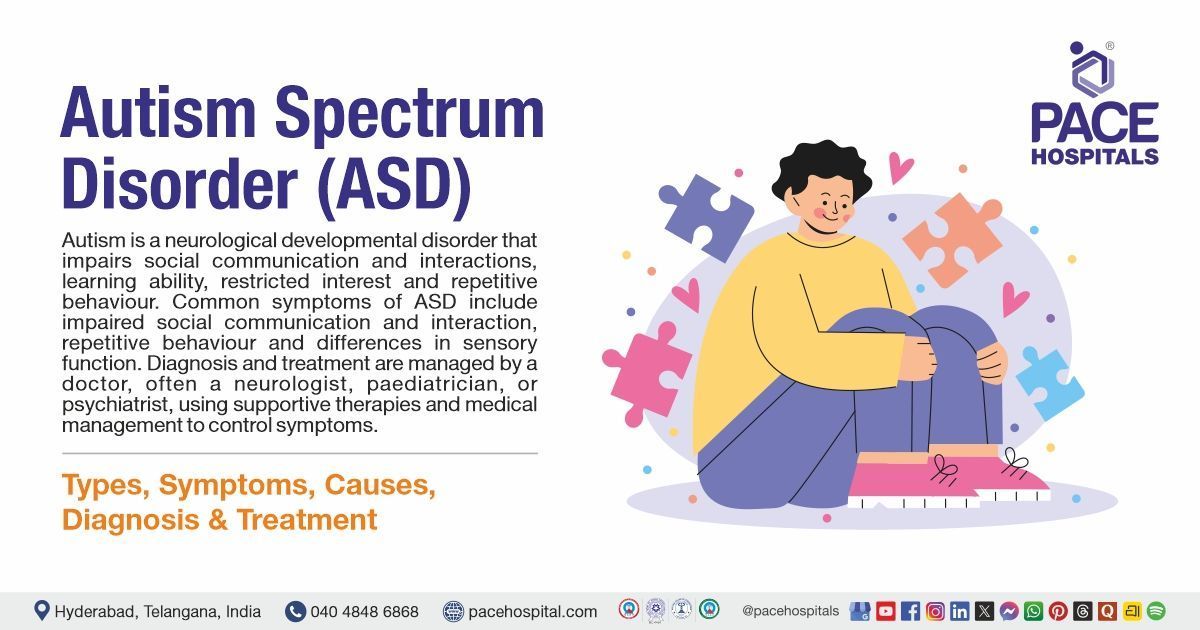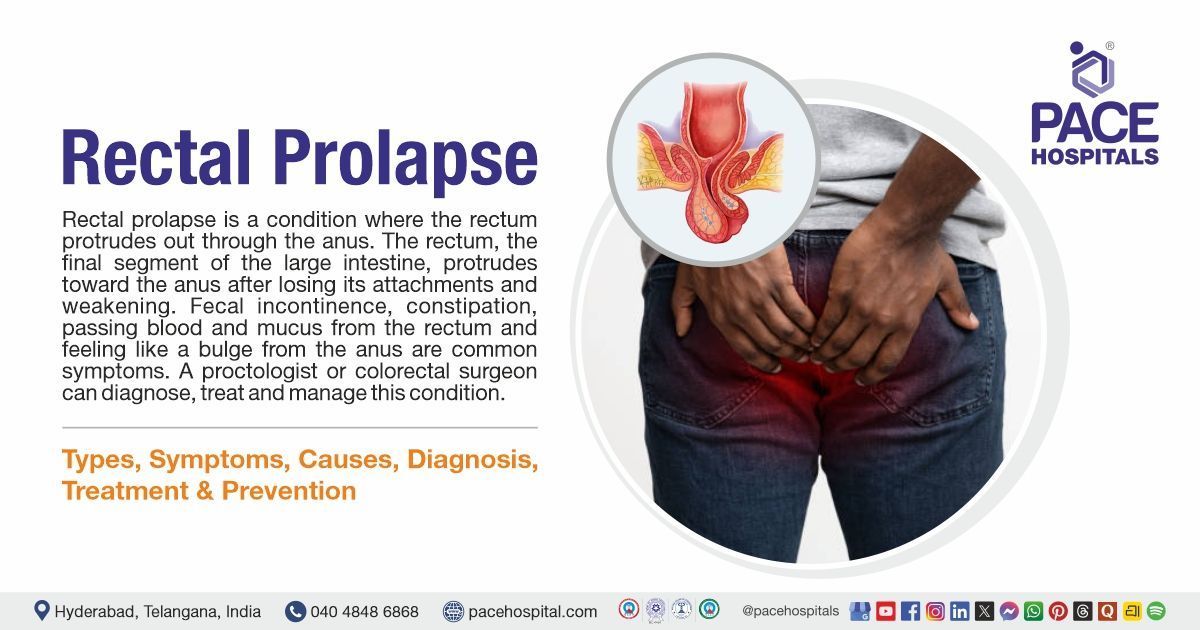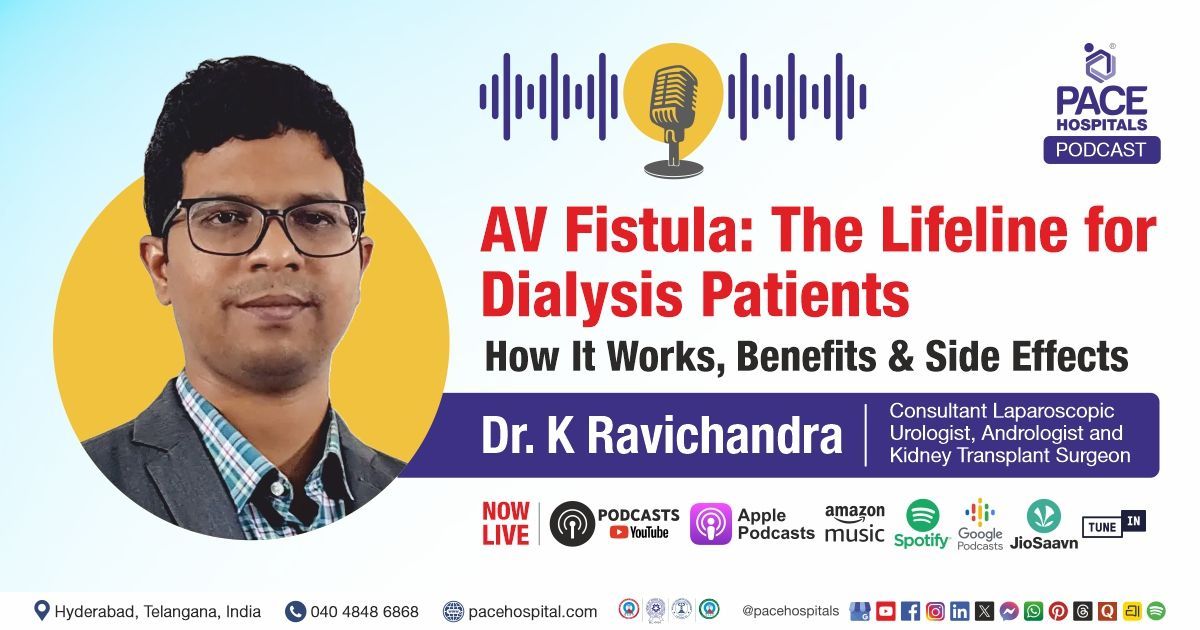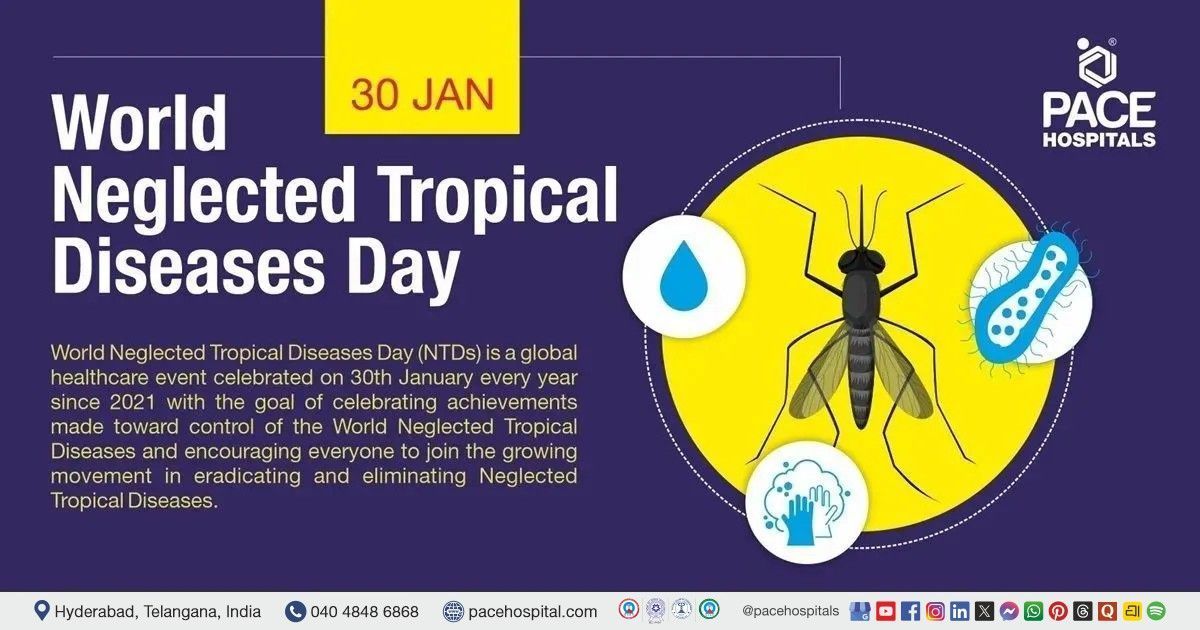Levosulpiride - Uses, Side Effects, Dosage, Composition
PACE Hospitals
Overview
Levosulpiride is a medication that belongs to the group of prokinetics, psycholeptics, and antipsychotics. It is widely used to treat both gastrointestinal and psychiatric conditions due to its dual action on the digestive system and the central nervous system.
In gastrointestinal care, Levosulpiride is commonly prescribed for irritable bowel syndrome (IBS), gastroesophageal reflux disease (GERD), heartburn, and functional dyspepsia. It works by enhancing gastrointestinal motility and helps relieve symptoms such as bloating, nausea, and acid reflux.
In psychiatric care, Levosulpiride is primarily used to manage conditions such as schizophrenia (particularly chronic forms), somatic symptom disorder, bipolar disorder, anxiety disorders, vertigo, and hallucinations. By regulating dopamine levels in the brain, it supports improved mood, mental clarity, and neurological balance.
More recently, Levosulpiride has also been explored as a potential treatment for premature ejaculation, due to its effects on the central nervous system that may aid in better ejaculatory control.
Levosulpiride Tablet Uses
Levosulpiride is a versatile medication used in the treatment of both gastrointestinal and psychiatric conditions. It works by regulating dopamine activity and improving gut motility, providing relief in a variety of disorders.
Gastrointestinal Conditions
- Gastroesophageal Reflux Disease (GERD): Helps reduce stomach irritation and acid reflux by improving the movement of food through the digestive tract.
- Irritable Bowel Syndrome (IBS): Alleviates symptoms like bloating, constipation, diarrhea, indigestion, and abdominal pain by enhancing gut motility and reducing discomfort.
Psychiatric Conditions
- Hallucinations: Reduces false perceptions by balancing dopamine activity in the brain.
- Bipolar Disorder: Assists in stabilizing mood swings in patients with bipolar mood disorders.
- Anxiety: Provides a calming effect by acting on the central nervous system.
- Depression: Used in combination with other treatments to improve mood and reduce depressive symptoms.
- Schizophrenia (in adults): Particularly effective in managing negative symptoms and emotional withdrawal associated with chronic schizophrenia.

Guidelines to follow while taking Levosulpiride tablet
- Swallow the tablet with a glass of water, as directed by your physician.
- The dosage and duration will be determined by the physician based on age, weight, and illness.
- Do not chew or crush the tablet.
Levosulpiride Mechanism of action
Levosulpiride is a prokinetic drug with anti-emetic and anti-dyspeptic properties.
- It works by blocking the action of a chemical messenger (dopamine) in the brain, which in turn controls the stomach muscle movement.
- This mechanism improves gastric motility and reduces unpleasant gastrointestinal tract symptoms, such as nausea, vomiting, indigestion, fullness, and lack of appetite.
Levosulpiride Side Effects
Most of the side effects of Levosulpiride tablet do not require medical attention and disappear on their own. Some of the most common side effects of Levosulpiride are:
- Increased prolactin levels in the blood
- Extrapyramidal symptoms (e.g., tremors, muscle stiffness)
- Weight gain
- Akathisia (restlessness or inability to stay still)
- Elevated liver enzymes
- Constipation
- Insomnia (difficulty sleeping)
- Sedation or drowsiness
- Maculopapular rash (skin rash with red spots and bumps)
NOTE: if you experience any of the symptoms, You are recommended to consult your physician without delay.

Levosulpiride Dose and Safety Guidelines
Levosulpiride is available in both tablet and injection forms. The dosage varies depending on the patient's condition, age, weight, and route of administration. It can be taken orally or given intravenously, as prescribed by a doctor.
Levosulpiride Dosage for Adults
The typical adult dose is 50 mg, taken twice daily (every 12 hours). Dosage may be adjusted based on the specific medical condition being treated and the patient's response to therapy.
Levosulpiride Dosage for Children
Levosulpiride is not generally recommended for children under 14 years due to insufficient clinical safety data. Always consult a pediatrician before use in children or adolescents.
Levosulpiride Dosage for Elderly (Geriatric Use)
Should be used with caution in elderly patients. Close medical supervision is advised to monitor for side effects, especially neurological and cardiovascular effects.
Effects of Levosulpiride in pregnancy and breastfeeding
Levosulpiride in pregnancy
Levosulpiride is not recommended during pregnancy unless clearly needed and prescribed by a physician, as safety data in pregnant women is limited.
Levosulpiride during breastfeeding
Levosulpiride is not advised during breastfeeding, as it may pass into breast milk and affect the infant. Always consult a doctor before use.
Levosulpiride interactions
Levosulpiride may interact with other drugs, foods, or medical conditions.
Levosulpiride drug interactions
If the patient uses any of the below drugs, it is important to inform the physician before using levosulpiride.
- Ropinirole (Parkinsonism)
- Anti-hypertensive drugs such as Propranolol, Atenolol, Amlodipine, Diltiazem, Clonidine, Ramipril, and Azilsartan
- Cardiac arrhythmic drugs such as Digitalis, Quinidine, Disopyramide, Amiodarone, and Sotalol
- Diuretics such as Furosemide, Hydrochlorothiazide
- Amphotericin B (Fungal infections)
- Laxatives such as Lactulose, Calcium Dobesilate
- Corticosteroids such as Prednisolone, Dexamethasone, Hydrocortisone
- Tetracosactide
- Pimozide
- Antidepressive drugs such as Haloperidol, Lithium, Imipramine, Thioridazine, and Sulpiride
- Methadone used in treating drug addiction
- Stomach disorders (cisapride, aluminium hydroxide, and sucralfate)
- Erythromycin (bacterial infections)
Levosulpiride food interactions
It is recommended to avoid alcohol while taking Levosulpiride.
Levosulpiride drug interactions
Contraindicated in patients with epilepsy, bipolar disorder, pheochromocytoma, gastrointestinal perforations, or breast cancer. Always consult a physician before use.
Levosulpiride Composition
Levosulpiride tablet is available in the doses of 25 mg, 50 mg, 75 mg, 100 mg, and 150 mg (10 tablets per strip)
Levosulpiride Storage
Store in a cool, dry and dark place away from sunlight at room temperature. Keep it out of the reach of children.
Frequently Asked Questions (FAQs) on Levosulpiride
Is levosulpiride safe?
Yes, Levosulpiride is generally safe when used under medical supervision. This drug is mainly used to treat gastroesophageal reflux disease (GERD), Irritable bowel syndrome (IBS), and certain psychiatric conditions like depression and anxiety.
Is Levosulpiride an antidepressant?
No, Levosulpiride is primarily used in the treatment of gastro-oesophageal reflux disease (GERD), irritable bowel syndrome (IBS), psychosis and dyspepsia by blocking dopamine receptors, particularly D2 receptors in the brain, that can helps improve symptoms of certain mental health conditions.
Does levosulpiride cause erectile dysfunction?
No, though there is no evident information on levosulpiride causing erectile dysfunction, patients are advised to consult physician regarding the drug’s possible side effects.
When should I take Levosulpiride?
Patients are usually recommended to take Levosulpiride in prescribed dosage and duration by the physician. In common, the tablet can be taken with a glass of water 30 minutes before food. The drug should be consumed as such without breaking or crushing the tablet.
Is Levosulpiride tablet safe in pregnant women?
Levosulpiride is usually not recommended in pregnant women. Therefore, Consult the physician before taking Levosulpiride tablet.
What is the treatment for the counter side effects of Levosulpiride?
Levosulpiride side effects include extrapyramidal symptoms, hyperprolactinemia, sedation, gastrointestinal issues, weight gain, hypotension, and QT prolongation. Treatment involves dose adjustment, anticholinergics, dopamine agonists, antiemetics, laxatives, lifestyle changes, and monitoring for arrhythmias or hypotension.
Can I take Levosulpiride with omeprazole?
Levosulpiride can be safely taken with Omeprazole. Additionally, these two medications are available as a fixed-dose combination. Omeprazole reduces stomach acid production, and levosulpiride increases intestinal motility. This combination is effective in the treatment of reflux esophagitis associate with acidity, heartburn, and intestinal and stomach ulcers.
Is Levosulpiride an antibiotic?
No, Levosulpiride is an antipsychotic. It is used to treat primarily the digestive problems like GERD, IBS, psychological disorders, anxiety disorder, vertigo, hallucinations, schizophrenia, and regular heartburn. It has no antibacterial properties and does not belong to the class of antibiotics.
Which drug class does Levosulpiride belongs to?
Levosulpiride belongs to a class of drugs called atypical antipsychotics. This drug acts by decreasing the activity of dopamine in the brain.
Is Levosulpiride a sex enhancer?
Dopamine lowers the ejaculatory threshold and promotes sexual excitement. A dopamine antagonist may be responsible for the beneficial effect of this mechanism.
What is levosulpiride?
Levosulpiride is an atypical antipsychotic drug that decreases the activity of dopamine in the brain. This medication treats gastro-oesophageal reflux.
What precautions should I take when taking this medicine?
Please let your doctor know if the patient has any drug allergies and talk about the allergy, signs, and symptoms. The patient may have side effects such as rash, itching, shortness of breath, wheezing cough, and swelling of the face, tongue, and throat.
Share on
Request an appointment
Fill in the appointment form or call us instantly to book a confirmed appointment with our super specialist at 04048486868











